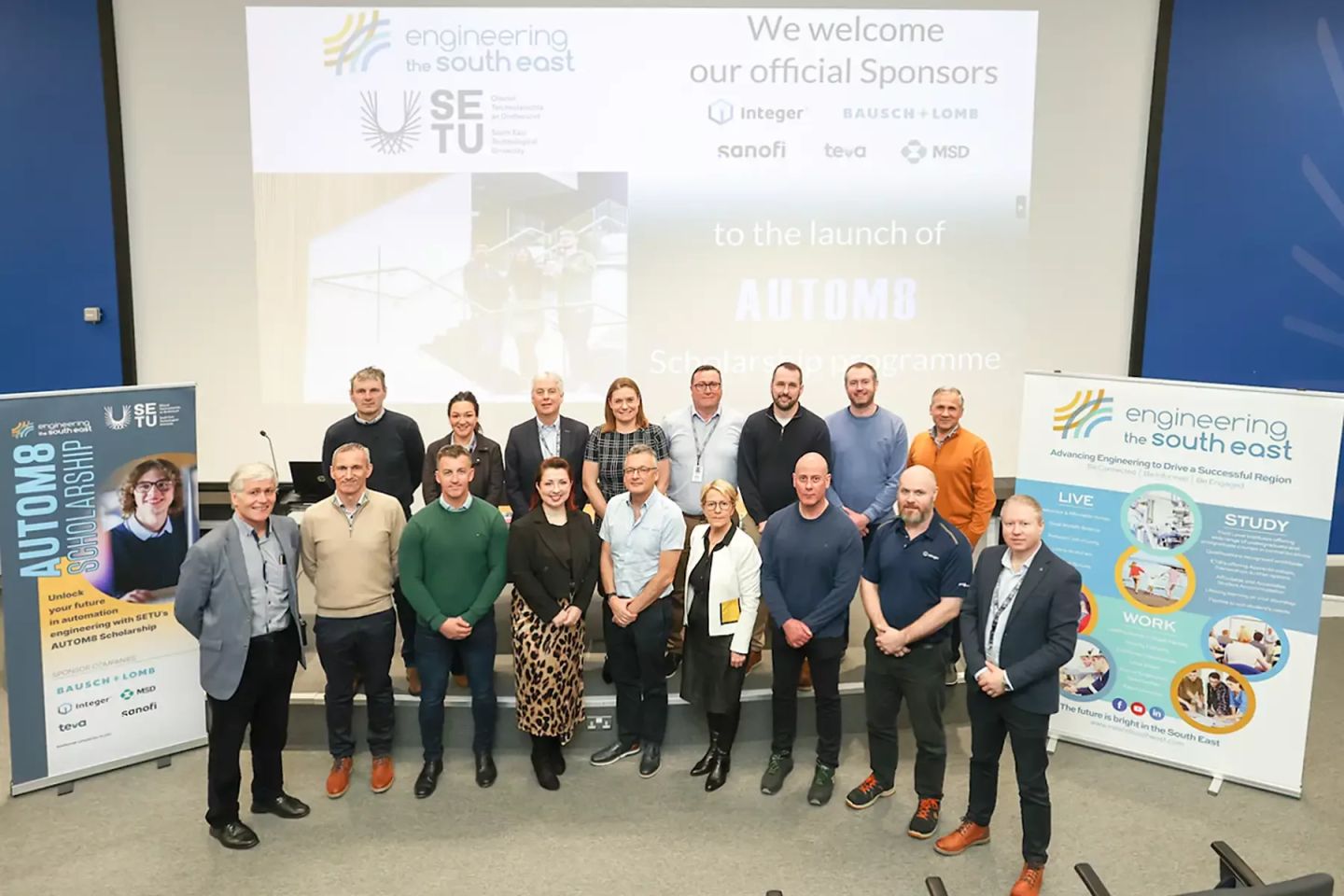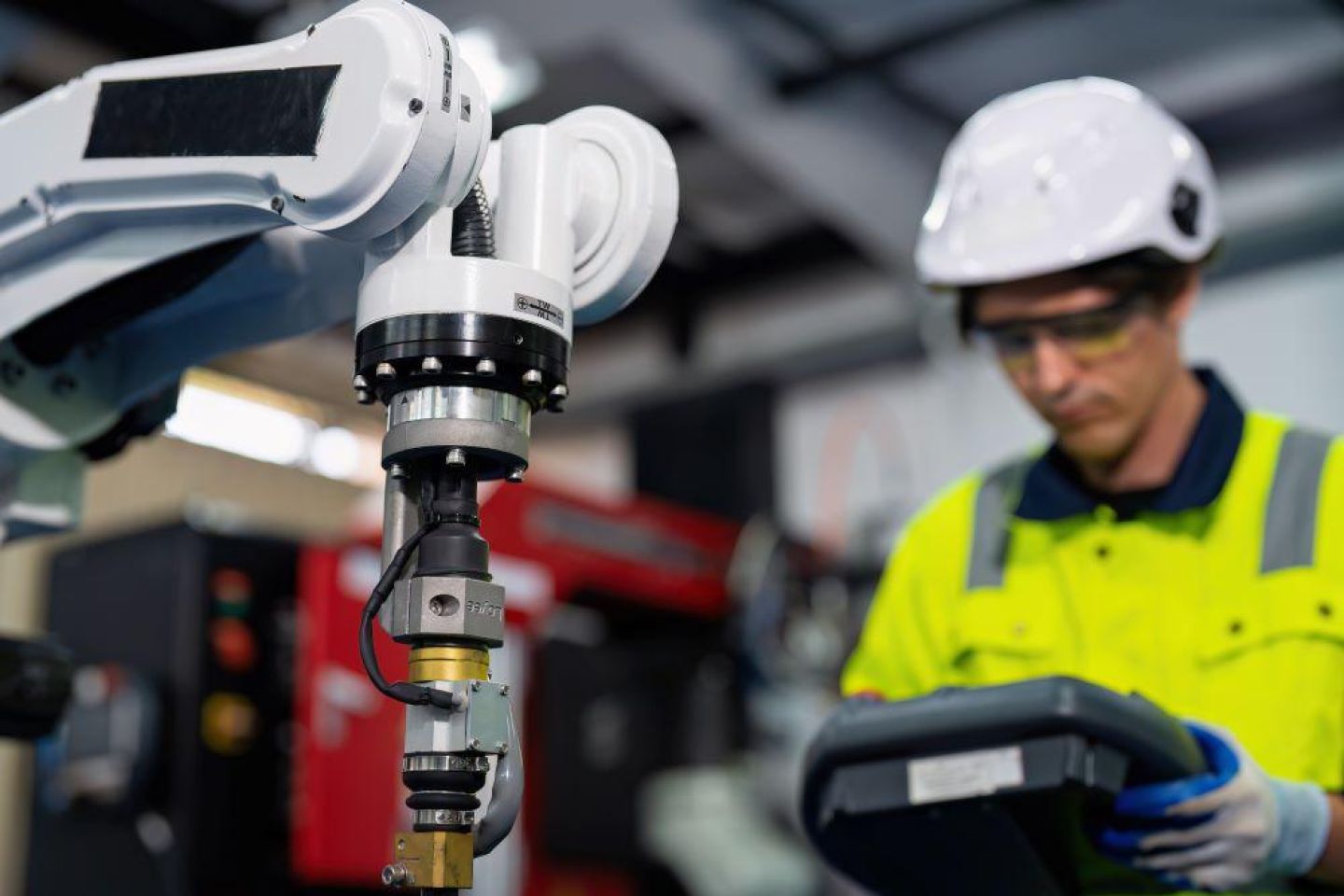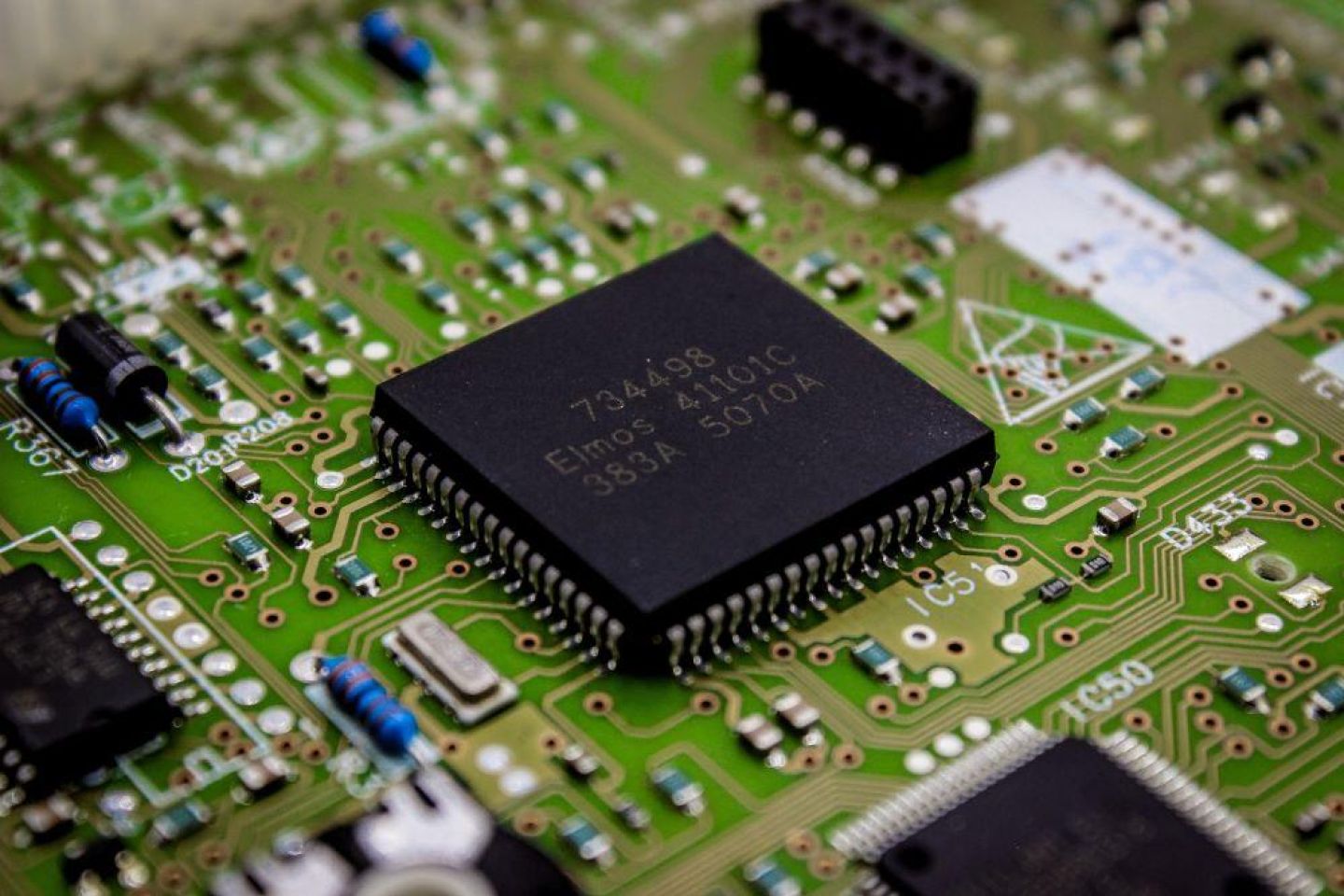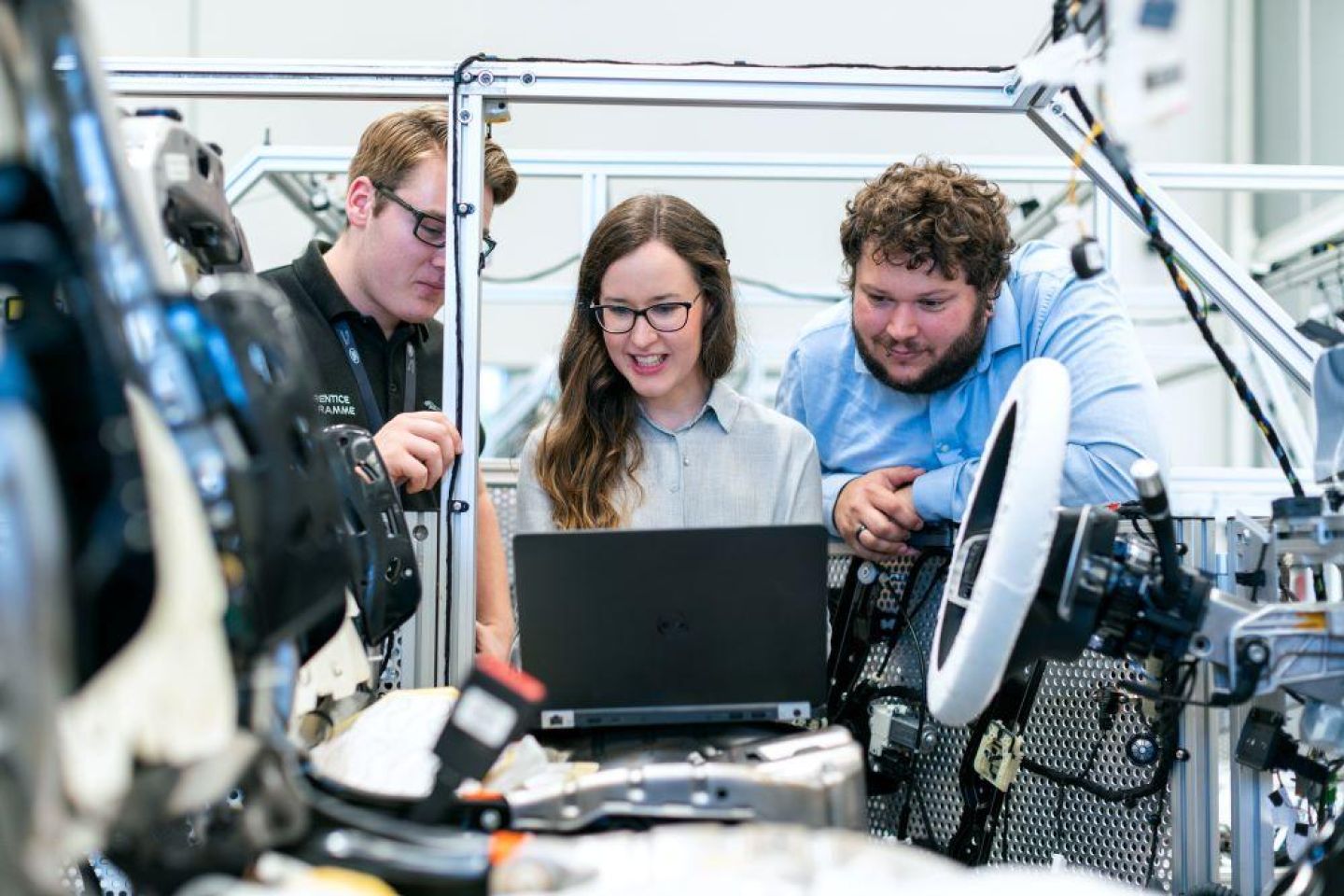Automation Engineering

What is Automation Engineering?
Modern automation engineering combines elements of electronics, interfacing, instrumentation, software programming, robotics, networking, databases and data intelligence which are highly sought-after skills in sectors such as the pharmaceutical, medical device and food industries.
As manufacturing industry transitions towards Industry 4.0, the increased need for data intelligence means that the shortage of automation engineers with the required skillset will become greater.
Industry 4.0 is the term used to describe the ‘smart factory’ era where computers and automation come together via cyber-physical systems to control/monitor the physical processes of the factory and make de-centralised decisions. Such developments demand graduates with a blend of electronics, automation, software programming, networking, IT and data intelligence skills.
Course Aims
The BEng (Hons) in Automation Engineering course was designed in consultation with several principal medical device, pharmaceutical and food industry employers in the South East region with the aim of producing modern Automation Engineering graduates having the skillset required for current and future positions in this area.
Industrial Placement
In year three, students go on industrial placement for up to nine months. This give the students a taste of what professional practice is all about, how the industry operates and how theoretical knowledge is applied in practice. Industrial placement also provides the opportunity to liaise with companies for final year project. It also reinforces industrial links between SETU Waterford and the automation engineering industry in Ireland and abroad.
Year 1
| Semester 1 | Semester 2 |
|---|---|
| Introduction to Engineering | Engineering Maths 2 |
| Engineering Computing | Engineering Physics 2 |
| Engineering Maths 1 | Analogue Electronic Devices |
| Engineering Professionalism | DC Circuit Theory |
| Engineering Physics 1 | Introduction to Electronic & Electrical Technology |
| Introduction to Programming |
Year 2
| Semester 3 | Semester 4 |
|---|---|
| Instrumentation & Measurement | Control Systems |
| Electromechanical Devices & Interface | Industrial Instrumentation |
| Engineering Mathematics | Object Orientated Programming for Microcontrollers |
| AC Circuit Theory | Programmable Digital Systems |
| Mechatronics 1 | Intermediate Engineering Calculus |
| Advanced Programming for Robotics | Industrial Automation |
Year 3
| Semester 5 | Semester 6 |
|---|---|
| Database Fundamentals | Industrial Studies & Placement |
| Advanced Engineering Maths | |
| Embedded Systems Scripting | |
| Process Quality & Software Control | |
| Project Management | |
| Telecommunications |
Year 4
| Semester 7 | Semester 8 |
|---|---|
| Advanced Programming Logic Controllers | Digital Control |
| Analogue Control | Automated Cloud Services |
| Industrial Networks | Project Implementation |
| Project Specification | Robotics & Vision |
| Application of the Internet of Things | Database Systems |
| Pharmaceutical Compliance & Law | Enterprise Data Exchange & XML |
Leaving Cert: Entry requirements for the BEng (Hons) in Automation Engineering:
2 subjects: H5
4 subjects: O6/H7
English or Irish: O6/H7
Mathematics: O2/H6
Advanced and Equivalent Entry for the BEng (Hons) in Automation Engineering:
Students who complete other engineering courses at SETU, or another third level institution, at ordinary degree level or equivalent, may apply to transfer onto this course at the third year stage. Students who complete level 6 higher certificate programmes in engineering may apply for entry into this course at the second year stage.
The B.Eng (Hons) in Automation Engineering (with Data Intelligence) provides a graduate with such skills with particular emphasis on:
- Industrial Control
- Robotics
- Programmable Logic Controllers (PLCs)
- Vision Systems
- Data Intelligence i.e. automated storage of manufacturing information to a database & querying same
- Project Management
- Industrial Networks
- Standards, Validations and Verification (including best safety practices from an engineer’s viewpoint e.g. programming with a view to safety concerns)
Graduates for the BEng (Hons) in Automation Engineering may find employment in the following areas:
- Automation Engineering
- Control Engineering
- Research & Development
- Test and Measurement
- Data Intelligence
- Network Management
- Production Support
Follow on Study
Graduates may apply to study postgraduate courses including the MEng in Electronic Engineering, MSc in Innovative Technology Engineering, Master by Research and PhD programmes.
Graduates for the BEng (Hons) in Automation Engineering may find employment in the following areas:
- Automation Engineering
- Control Engineering
- Research & Development
- Test and Measurement
- Data Intelligence
- Network Management
Graduates may apply to study postgraduate courses including the MEng in Electronic Engineering, MSc in Innovative Technology Engineering, Master by Research and PhD programmes.
Stream Leader









